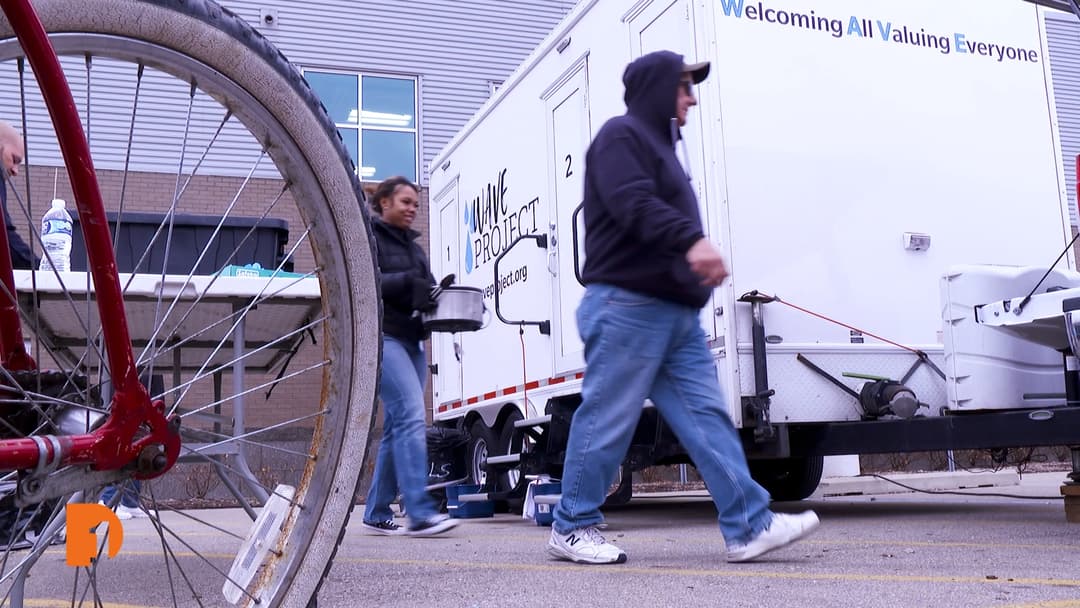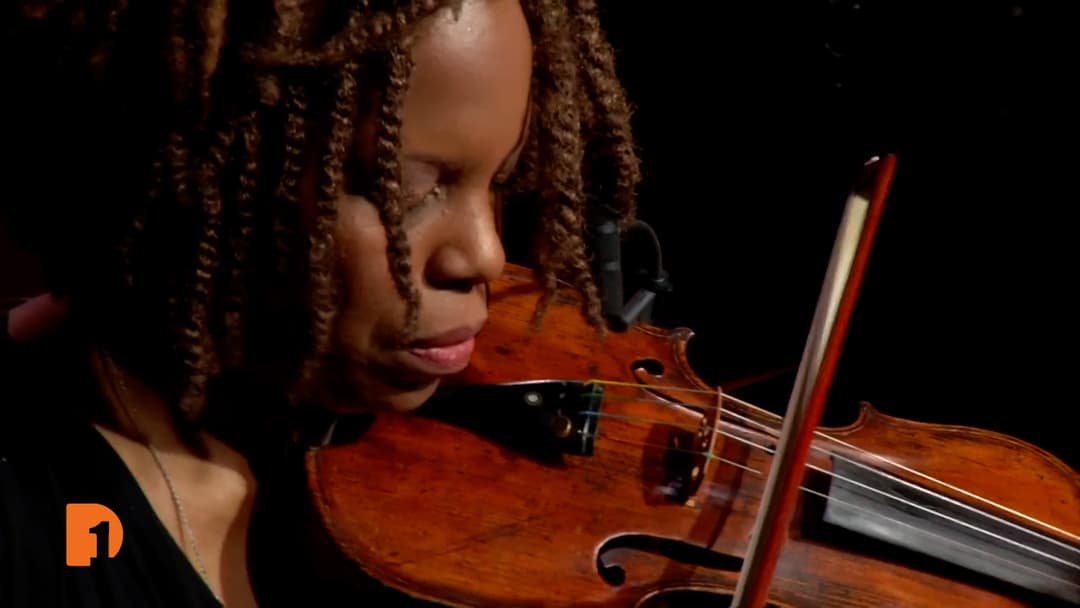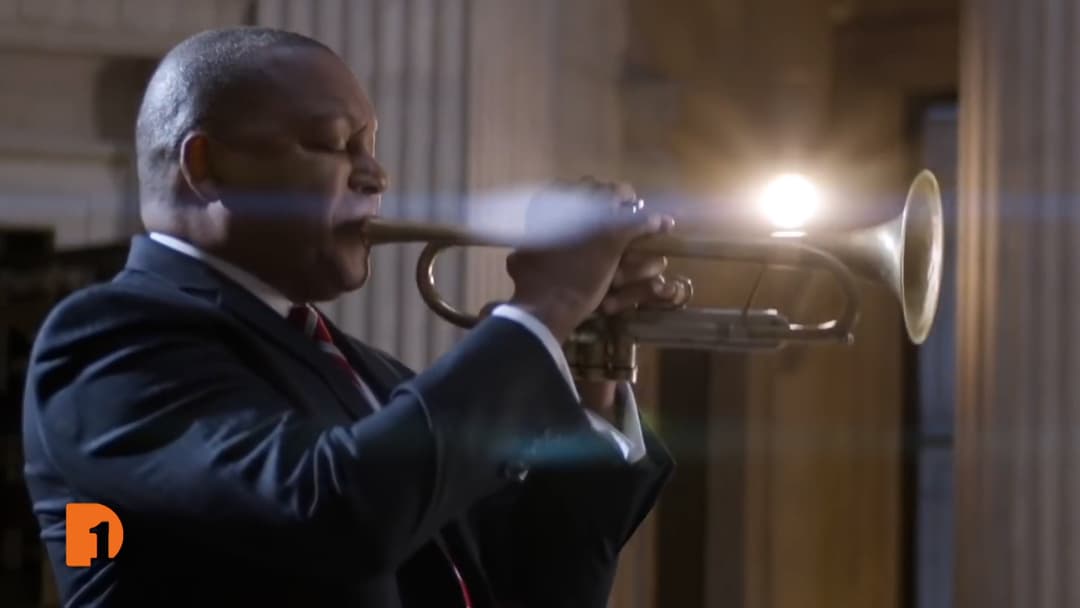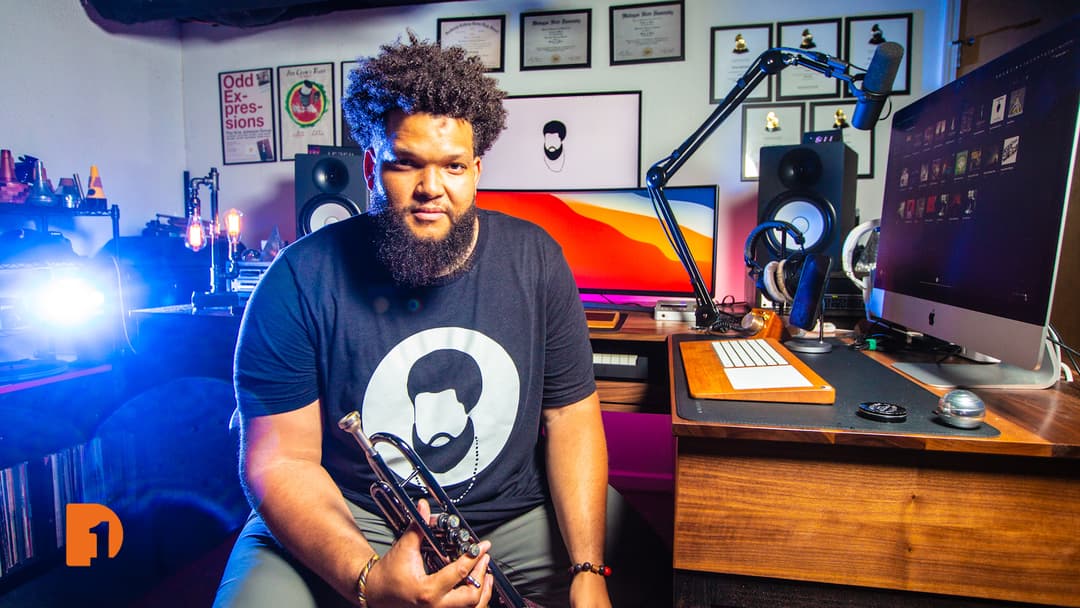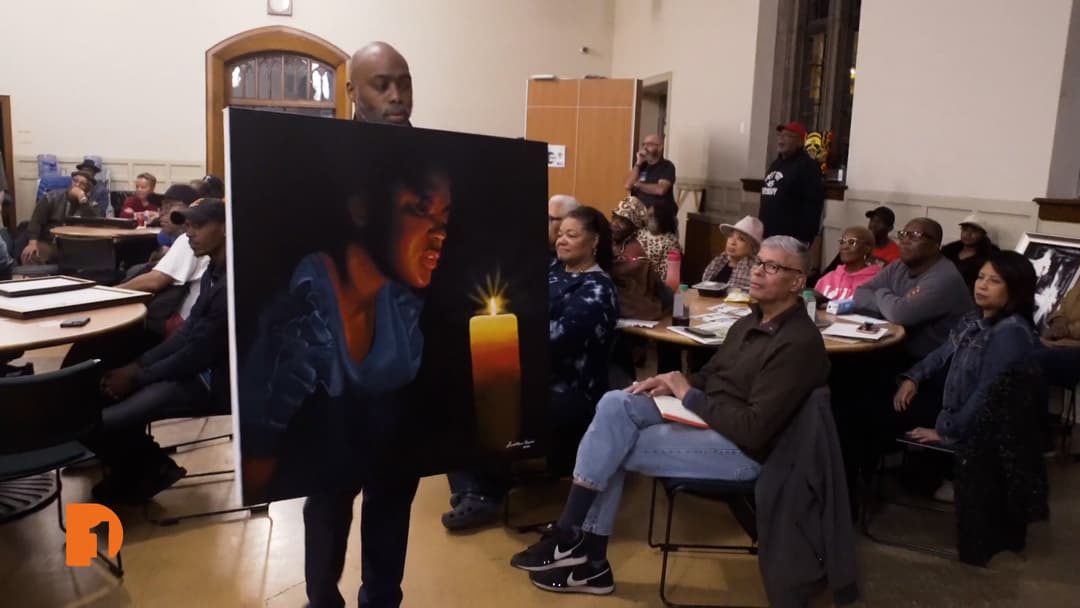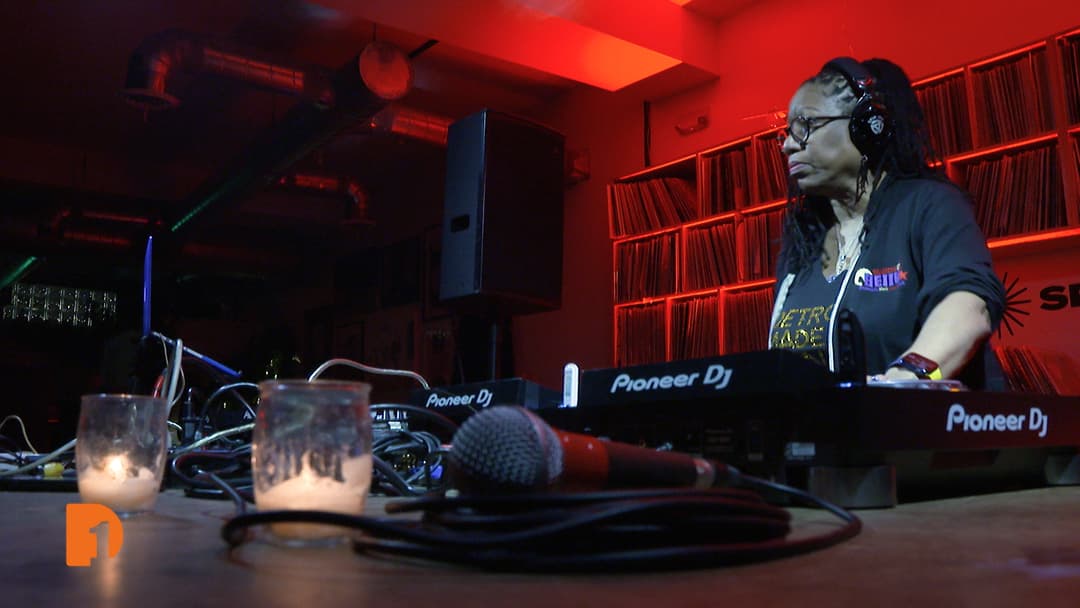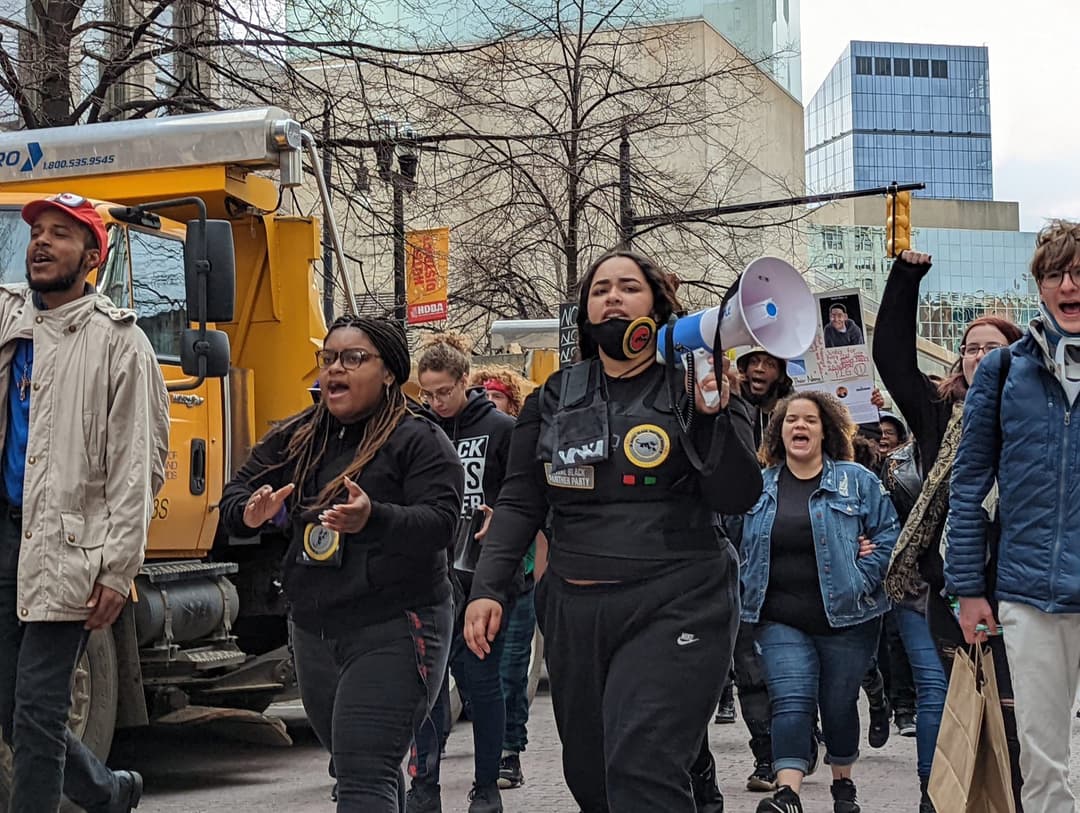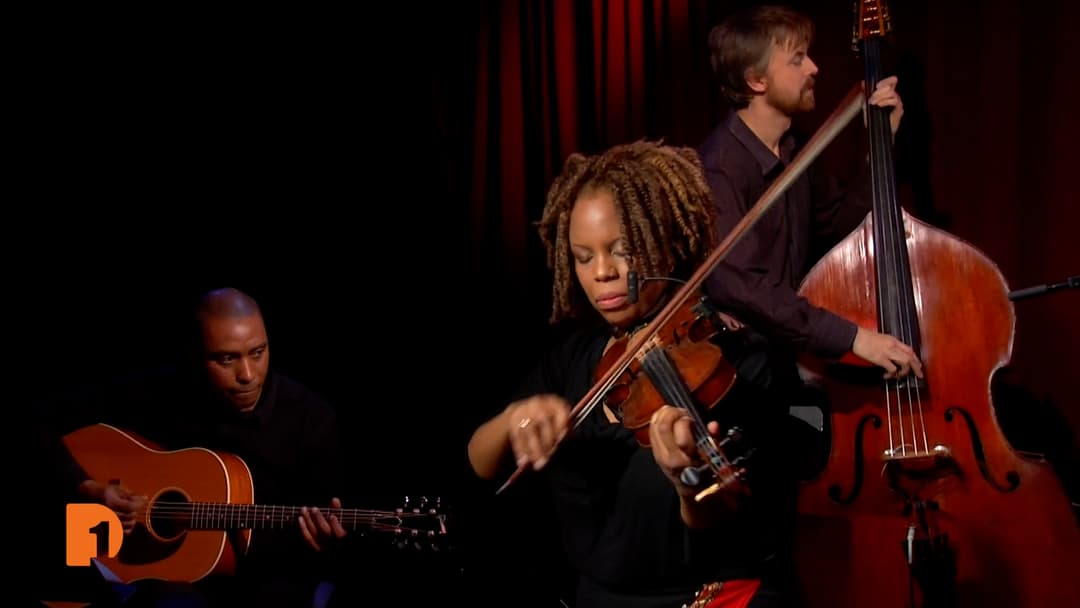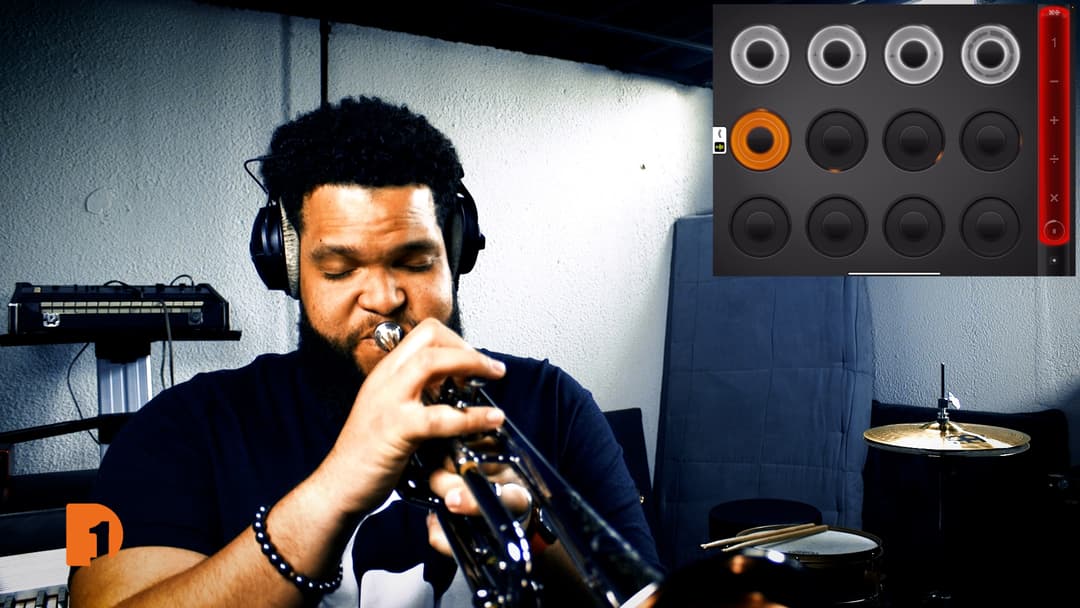Detroit jazz bassist Marion Hayden discusses Detroit’s storied jazz culture
Apr 21, 2022
Around Detroit, Marion Hayden is well known as an educator, Kresge Arts Fellow and university lecturer on jazz, but in the city’s jazz scene itself, she is the co-founder of the popular all-female band Straight Ahead and a talented jazz bassist. Contributor Cecelia Sharpe of 90.9 WRCJ sits down with the legendary jazz bassist to talk about her introduction to music and the legacy of Detroit’s jazz culture.
Plus, watch the “Detroit Jazz City,” documentary featuring Marion Hayden and other jazz greats. The documentary takes viewers on a journey through the history of jazz in Detroit to meet the legendary artists whose contributions paved the way for the music genre. The documentary was produced in partnership with WRCJ 90.9 FM.
Full Transcript:
Cecelia Sharpe, Host, WRCJ 90.9FM: Marion you are definitely a trailblazer, a role model to so many here in Detroit and abroad. I think that we should talk about your journey and how you got started. So many of us look to you as that role model. But I would like to know, and maybe our audience would like to know, how you were introduced to music.
Marion Hayden, Bassist & Educator: Well, that’s a great question. Well, one of the things I like to always say is that parents must play music for their children. And I was really, really, very, very fortunate that my parents were both music lovers. My dad was actually a kind of a closeted piano player. He was actually really, really good but he didn’t really want folks to know. Every once in a while, he’d sit down and play the blues and it was just, just fabulous. My parents were Herbert Hayden and Marian Ford- Hayden, later Thomas, because after my dad passed, my mom got remarried. But they were both just really big lovers of music.
So, my dad was a huge jazz lover. He had all kinds of jazz records to listen, that he listened to and that I accessed. They were just in the sphere of our house all the time, just, you know, just Miles Davis and Oscar Peterson just floating through the airwaves. And my mother was more of a lover of more of a classic American songbook. So, I remember that she had a record of Gershwin’s music, and she used to play Gershwin around the house all the time. And so, there was always just a lot of music to be absorbed for me as a young person. And so, by the time I finally got to be the age of 8 or 9, when I was in my little elementary school, they asked me if I wanted to play an instrument. And cello was a possibility because I was kind of a tall girl and I couldn’t see myself playing a little violin, loved does, but I needed something bigger. And as soon as I got that cello, I was back in the house actually trying to play some jazz on the cello. And then finally, when I figured out that it was going to be a little hard to do and I got a bass, because actually I wanted a bass first, but they didn’t have any small bases. But when I got big enough to play bass, which was about 12, then I just took my bass to the basement and started playing along with records because that was the music that was in my ear and I just loved it so much.
So, that’s really how I got started. During that time, we have really good public school music education that, I mean, which I think we still have really great Detroit Public School music education, it’s just that we don’t fund it as well. But during those times it was funded really well. We have excellent Detroit Public School music teachers, I loved my music teachers, they were awesome. They just gave us so many really great opportunities. They were so passionate about what they did, and the ones that I know now that are in school are still very, very passionate. They just need to be supported better.
Cecelia Sharpe: We also know that Detroit has a rich, deeply steeped and deeply rich jazz culture here. Can you talk about how the jazz culture in Detroit influenced you as a musician?
Marion Hayden: Oh, yes. I’m always glad to talk about that. Well, you know, especially I’ll just say this, in the playing of my instrument in particular, it’s really important to have really good foundational training, and which, when I think about it, I think classical training is really good for that because you’re going to get all kinds of really great technical information. You’re going to learn how to read, you’re going to learn how to play up and down properly and the position to play correct intonation and just address the bass properly so that you don’t have, you know, poor problems with, you know, bad posture and those kinds of things.
But when it gets to jazz, you really do need to be able to hook into the community that plays it. And so, luckily, Detroit has had such a rich and expansive community of players in so many genres of the music, too. I mean, you know, I’m talking, you know, ragtime, New Orleans, you know, early bebop, you know, more hard bop, all the different, more off guard free jazz, just so many different ways, so many different genres of the music in so many different ways that people play.
Cecelia Sharpe: You definitely are a part of Detroit’s Jazz Foundation. One of those things being the all-female jazz ensemble, “Straight Ahead,” which you are co-founder of. Can you talk about forming Straight Ahead and what that meant to women in jazz music at that time? And what it means for women today? How that has impacted women today?
Marion Hayden: Well, I’m glad, I’m always glad to talk about my sisters and the great group “Straight Ahead.” For so many people, they had not really seen women really out there playing instruments. Occasionally you would see, you know, you might if you go to church, you may see some women as pianists, perhaps some concert pianist. But very rarely did you see them as in jazz as much as we would like. They weren’t rare, but they were, you just didn’t see them as much.
And in terms of women being playing, things like drums and bass, rarely just did not see it. People would come up to me and say, ‘I brought my daughter because I really think that she has to see what women can do, that a little girl can do whatever she wants to.’ And so, that really made us feel really good. And it continues to be so now, people still come up and say, you know, of course, they bring their sons as well, because frankly, young men need to see the same thing. They need to continue to see women as colleagues across the board, colleagues in this business.
Cecelia Sharpe: I know that you value music education and passing on your wisdom and knowledge to others. Can you talk about what the future of jazz in Detroit looks like to you?
Marion Hayden: Hmm. I think the future of jazz in Detroit is really looking completely rosy, so great! I know, I’ll just say this, that a lot of the nuts and bolts of jazz education has gone from the community where it was when I first learned, into academic institutions. And there’s some really great things that are happening there in terms of giving young musicians a good baseline of knowledge. And understand, giving them time to really work on their craft, honed the craft technically on their instrument and getting some really good information about improvisation. And then, really luckily, we still have a really active community of musicians that lives here. So, once they get that information, they can take that back out into the community and really engage with each other and with those of us who are more experienced, in really learning what this music is actually all about.
Watch Detroit Jazz City:
Subscribe to One Detroit’s YouTube Channel & Don’t miss One Detroit Mondays and Thursdays at 7:30 p.m. on Detroit PBS, WTVS-Channel 56.
Catch the daily conversations on our website, Facebook, Twitter @DPTVOneDetroit, and Instagram @One.Detroit
View Past Episodes >
Watch One Detroit every Monday and Thursday at 7:30 p.m. ET on Detroit Public TV on Detroit Public TV, WTVS-Channel 56.
Stay Connected
Subscribe to One Detroit’s YouTube Channel and don’t miss One Detroit on Thursdays at 7:30 p.m. and Sundays at 9 a.m. on Detroit PBS, WTVS-Channel 56.
Catch the daily conversations on our website, Facebook, Twitter @OneDetroit_PBS, and Instagram @One.Detroit
Related Posts
Leave a Reply
Your email address will not be published. Required fields are marked*




